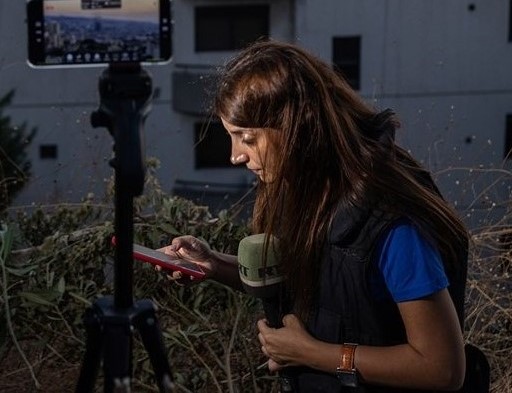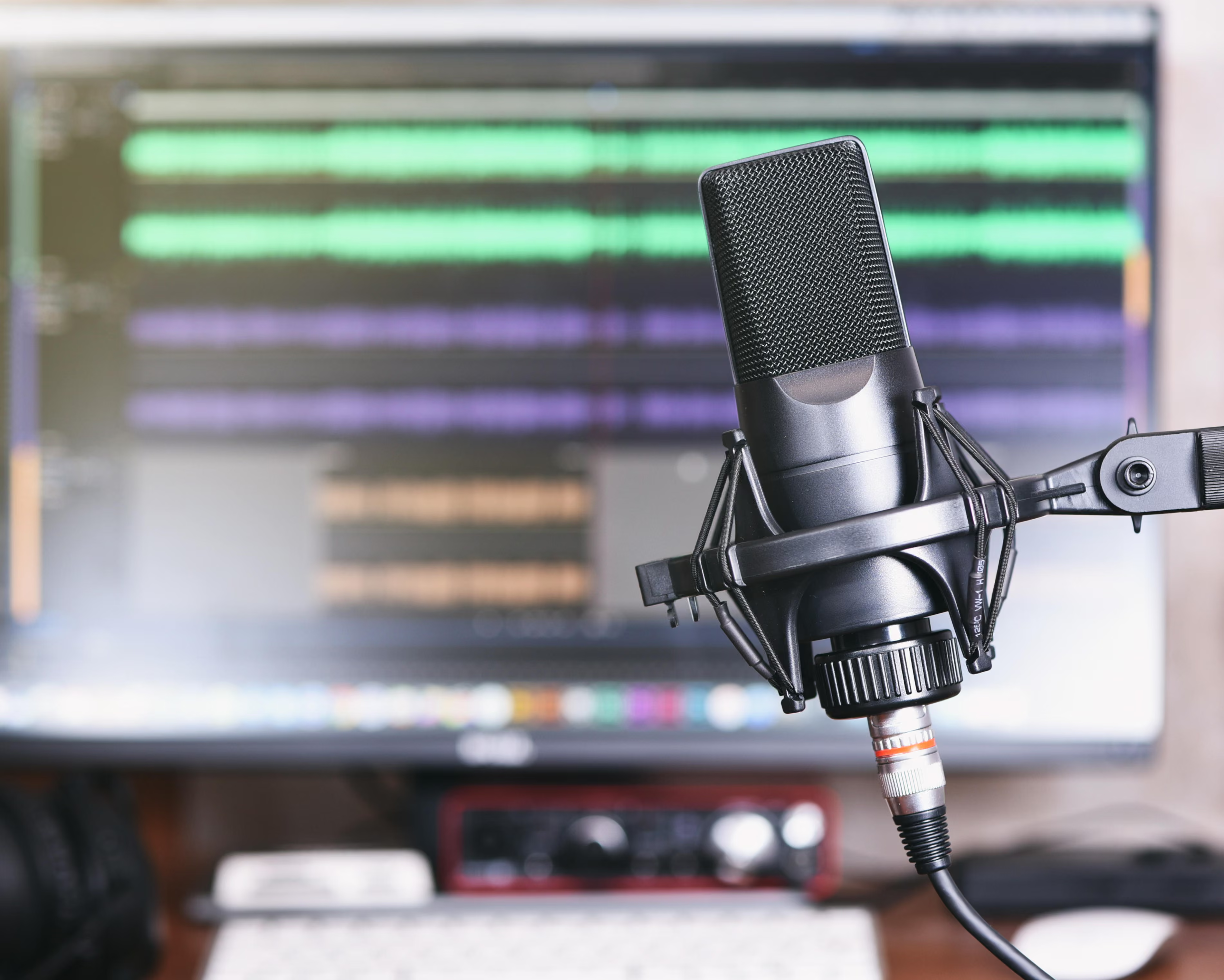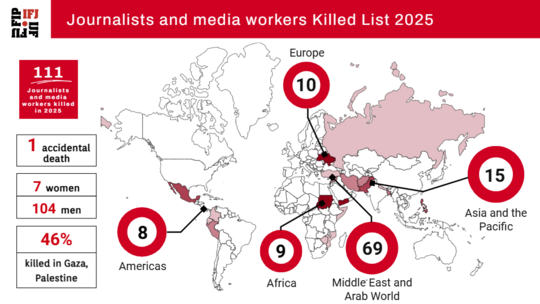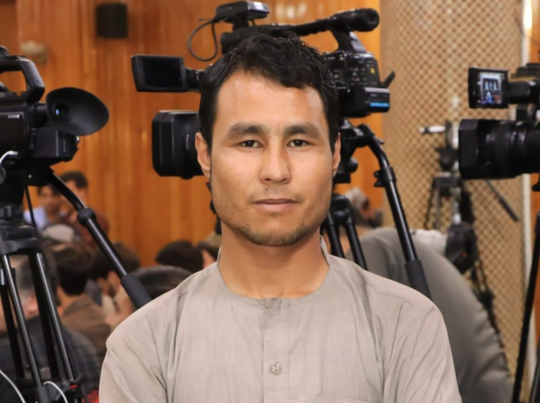
Afghanistan: Journalist Mahdi Ansari Sentenced to 18 Months for “Anti-Regime” Reporting
January 14, 2025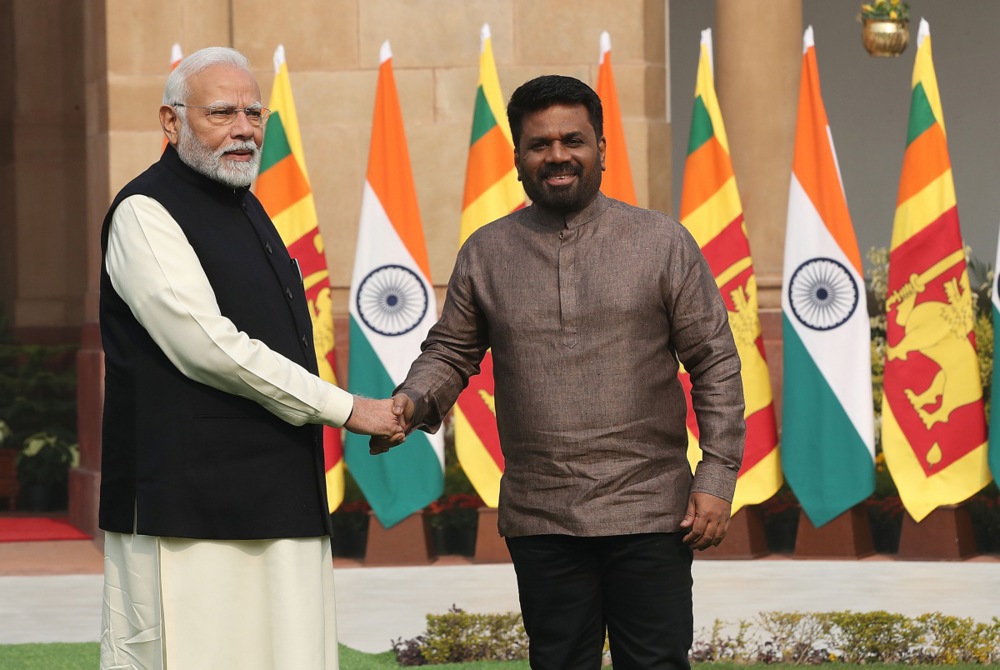
Sri Lanka’s New Government Urged to Prioritize Press Freedom Reforms
January 14, 2025January 14, 2025 – General –
A recent report by Equal Times exposes the deeply unstable and often dangerous conditions faced by journalists reporting from conflict zones such as Gaza, Lebanon, and Libya. While their work is vital for global understanding of war and human suffering, these journalists—especially freelancers and local reporters—are frequently left to operate without adequate support, training, or protection.
Many of these journalists work without contracts, insurance, or institutional backing, making them highly vulnerable to injury, arrest, or death. The illusion of “entrepreneurial” journalism masks a reality of precarious gig work, where reporters are expected to shoulder extreme risks without financial security or safety protocols. Some interviewees described being sent into conflict areas with no protective gear, and others said they were pressured to take on dangerous assignments to maintain visibility or income.
In addition to the physical dangers, the report highlights the widespread disregard for journalists’ mental health. War reporters often witness and document harrowing scenes—bombings, mass casualties, and human suffering—yet receive little to no psychological support. Freelancers, in particular, are rarely offered counseling, debriefing, or trauma-informed care. As one journalist explained, “We carry the war inside us,” yet few institutions recognize the emotional toll of bearing witness to conflict day after day.
News organizations and press freedom advocates are increasingly being urged to provide mandatory safety and trauma training, as well as comprehensive insurance and long-term mental health resources. Without such support, many journalists face burnout, post-traumatic stress, and long-term psychological damage.
The article argues that the systemic neglect of war correspondents—especially those from under-resourced regions—undermines both press freedom and the quality of international reporting. If media outlets and governments fail to protect these voices, the global public loses access to frontline truths, and journalists continue to suffer in silence.
War journalists are not just risking their lives—they are often sacrificing their emotional well-being in the process. Equal Times calls for urgent reforms to ensure that those who bring the horrors of war to light are not left alone in the dark. Supporting their safety and mental health is not just ethical—it is essential for sustaining a free and humane press.
Reference –

